Bee Pollen Dangers?
Do they exist and if so, what are they?
by Angela Van Alten, Nutritionist and Beekeeper's Daughter

Are there dangers to ingesting Bee pollen? Great question. In fact, it is one that I get asked quite often, even though bee pollen has a long history of safe consumption as a food.
That's right, a food. I urge my readers and clients to remember that raw bee pollen is a food and not a drug or supplement.
Despite centuries of safe consumption as an extremely healthy superfood, there still seems to be a bit of fear about consuming bee pollen among new users. Perhaps this stems from our fear of bees and their ability to sting us or even from the 'side effect' mentality that society has generated as a result of the pill pushing pharmaceutical industry.
I've used bee pollen granules and tablets throughout my entire life both personally on a daily basis and with customers and clients for the past 20 years on a professional level. To say that I have some experience taking bee pollen and using it would be an understatement.
Allergic Reactions to Bee Pollen
The only explanation I can come up with for this is that new users of bee pollen tend to associate pollen with bee stings. And since many people have severe allergies to bee stings, they incorrectly assume that by ingesting bee pollen they are suddenly at risk for an allergic reaction.
This is not necessarily the case. The venom of a bee sting is much different than the pollens of a raw bee pollen granule. Just because you react badly to being stung doesn't mean you'll react badly to ingesting raw bee pollen.
If you are allergic to being stung by a bee, you should error on the side of caution when first consuming bee pollen and follow my tolerance test. This will safely allow you to determine 100% how you tolerate bee pollen. And as always, if you are nervous despite what you've read here, check with your doctor or pharmacist first.
Are you having an allergic reaction to your bee pollen?
The Source of Your Bee Pollen
It is very important to know the source of your bee pollen. Let me tell you why.
Pollen is an air cleanness indicator and it can absorb air pollution and environmental chemicals. This means that you want the source of your bee pollen supplement to be away from major industrial centers as pollen can absorb industrial pollutants.
And what the pollen absorbs - you end up eating.
Northern Alberta in Canada is a very clean source of bee pollen and one we use regularly as are certain secluded parts of the United States.
The other source I recommend for bee pollen supplements is New Zealand. Both the New Zealand government and the New Zealand people are very environmentally conscious. You can see this by their laws.
As a result, New Zealand remains one of the most unpolluted areas in the world.
Personally, I would avoid any bee product sourced from China. As an industrial power house, the likelihood is high that their bee pollen products are high in heavy metals and pesticides.
(And lets just say that my dad the beekeeper has had many issues with cheap, offshore bee pollen)
Remember, bees fly many miles to collect the pollens that make up your supplement. Even if a hive is in an unpolluted area, bees can and will literally fly into a polluted area to collect pollen.
So it is very important that your bee pollen supplement source is miles away from any type of industry or non-organic farms.
Low Grade Bee Pollen
One of the problems we, as a premium bee pollen supplier, currently see in attempting to source quality bee pollen is pollen farmers mixing low grade, cheap off shore pollen's with higher grade domestic product and then attempting to sell it at premium prices.
This is something we all have to watch out for. What the supplier is doing is attempting to do is lower his costs to increase his profit margins at the expense of the consumer.
Besides the obvious ethical and moral issues surrounding this practice, there are also some real dangers to you, the end user.
This low grade, off shore pollen is likely to be sourced from pollen traps situated in heavily industrialized areas. The likelihood of it containing high amounts of toxins and pollutants is very high.
Being an 'off shore' pollen, there is also the danger that it is not fresh. In fact, this is likely the case 100% of the time as the pollen would have traveled across many time zones to get to you. It most likely came to North America on a ship - sitting there for weeks on end in a high moisture environment from countries that often have questionable sanitation practices.
Make sure you are buying premium bee pollen that you know and trust the source of! Ask your supplier where they get their pollen from...
What Are You to Do?
If you've already purchased a bee pollen product and didn't verify the source or quality of the product first, simply call up or email the company and ask for them to supply you with that information.
If they are unwilling or unable too, simply return the product to where you purchased it.
If you've already opened it, don't worry - most retailers have very open return policies now. (trust me - my husband has a retail company and theyhave to take back open/used product all the time just because their competitors do)
Then go out and buy a premium, North American sourced raw bee pollen that is fresh, refrigerated upon collection and offers a 100% money back guarantee from a company that you trust.
Remember - bee pollen dangers are real but can be easily avoided with a little homework. Your health is worth it...
|
|
|


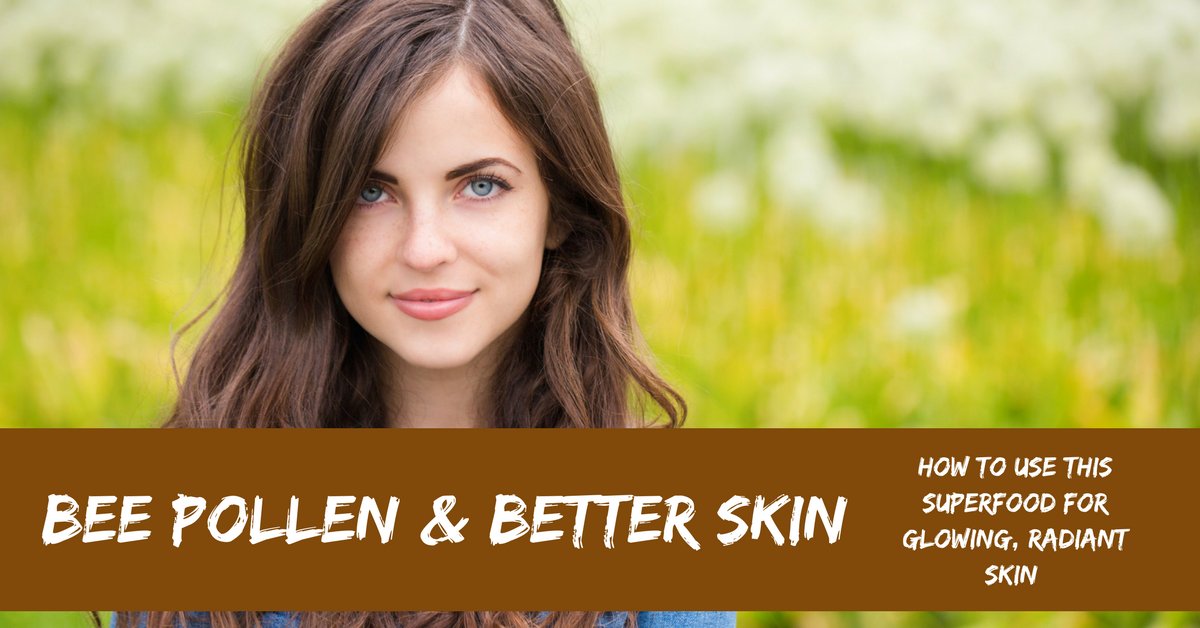
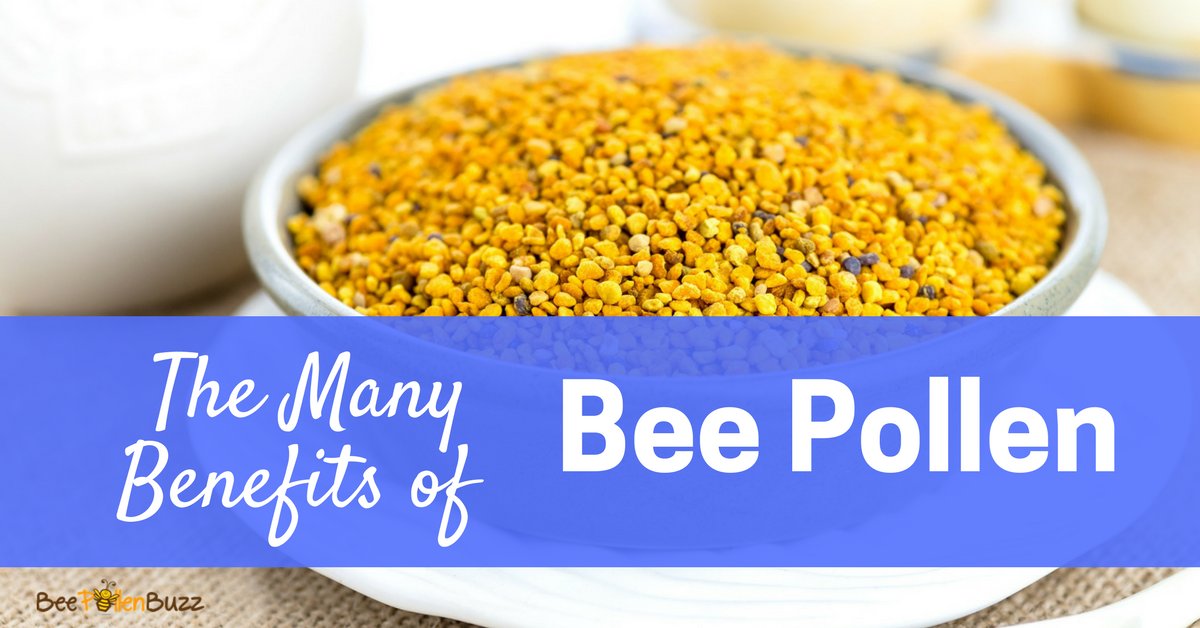
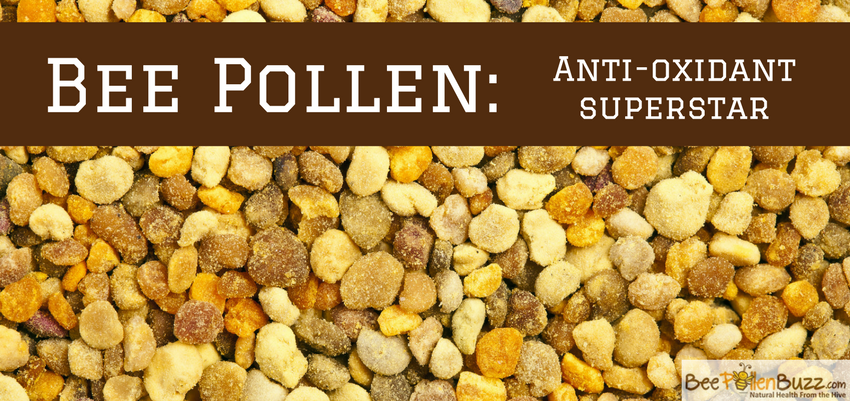
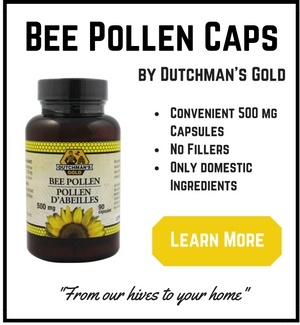
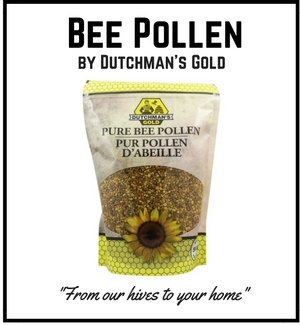
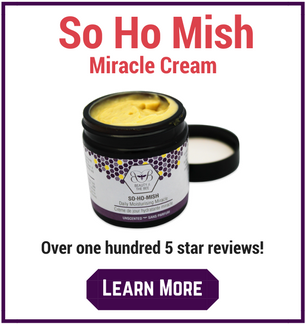
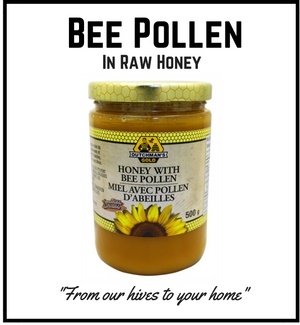






New! Comments
Do you have something to say about what you just read! Leave me a comment in the box below. I'd love to hear from you!